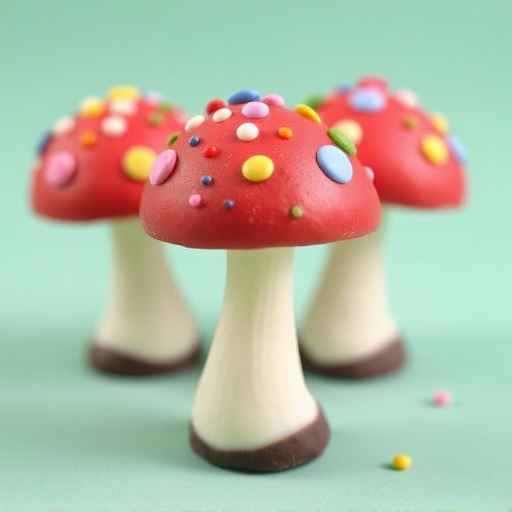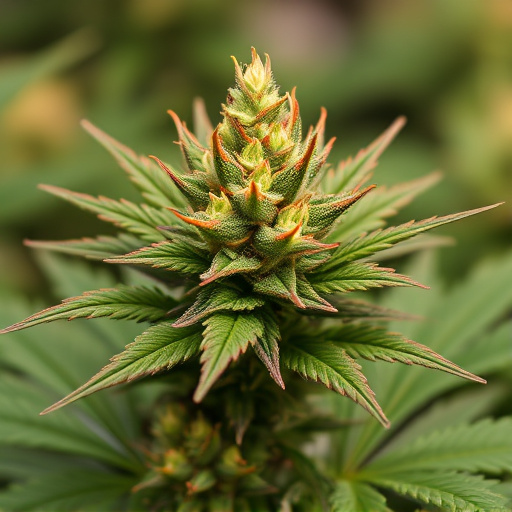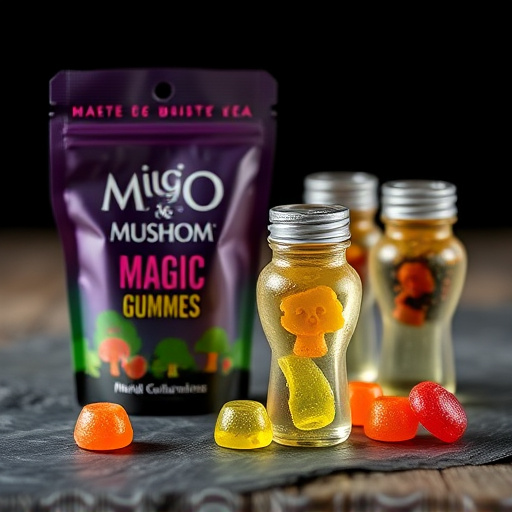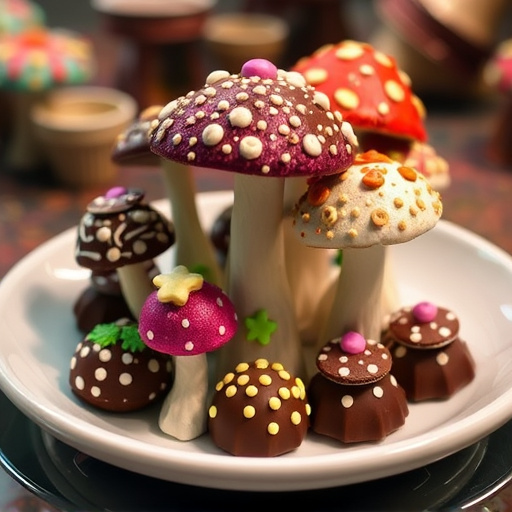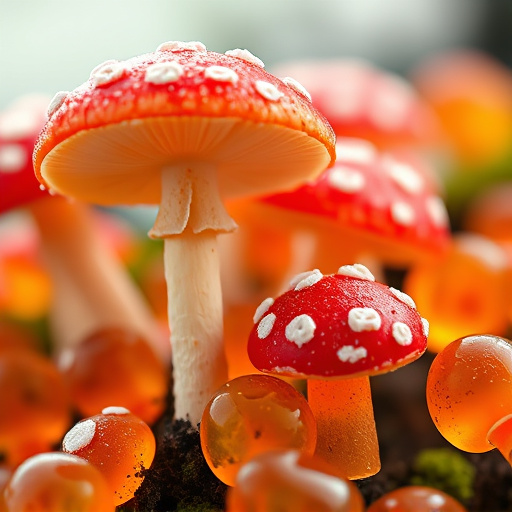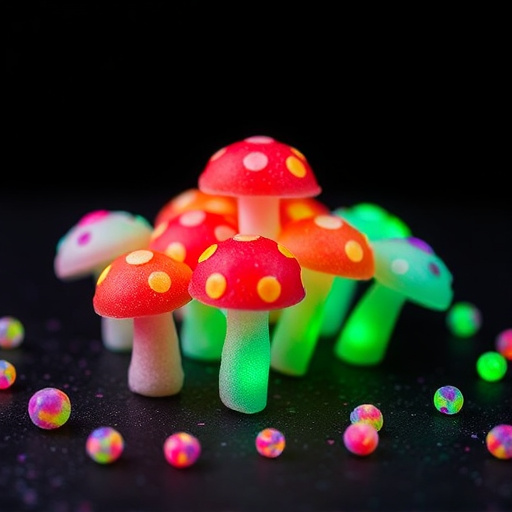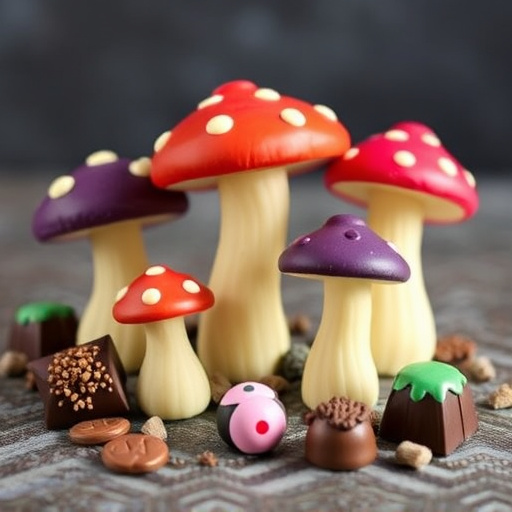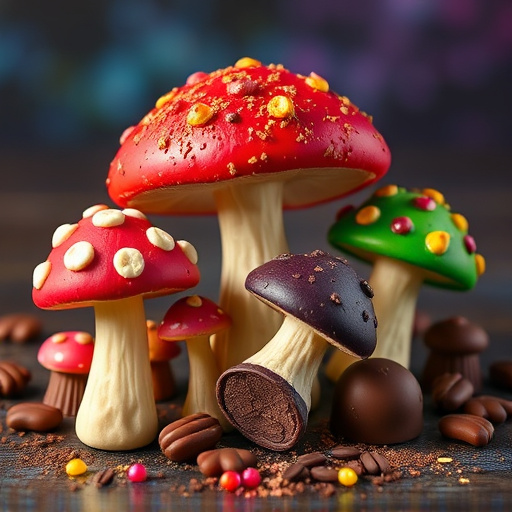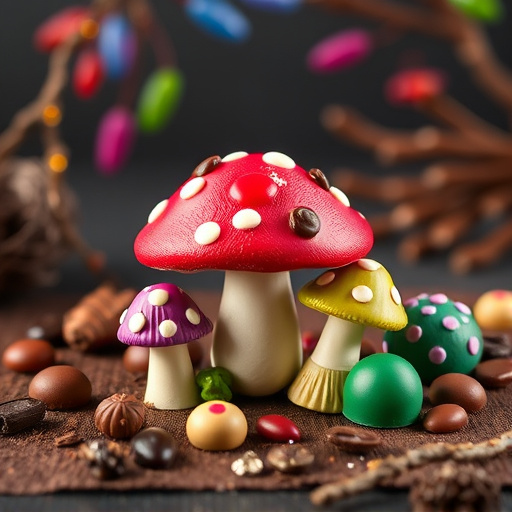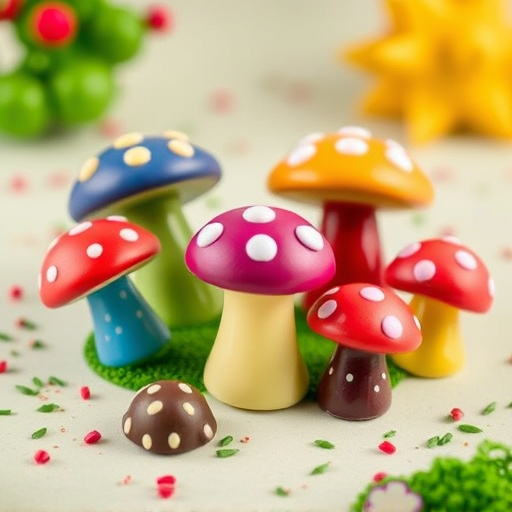The Legal Status of Magic Mushroom Chocolates varies globally due to their psychoactive compound psilocybin, which many countries classify as controlled substances. However, a growing movement advocates for the decriminalization and medical integration of psilocybin, with some jurisdictions already legalizing psilocybin-assisted therapy. This evolving landscape reflects public perception shifts, increasing scientific research into therapeutic potential, and regulatory challenges, making magic mushroom chocolates a promising option under supervised medical settings.
“Unveiling the world of Psilocybin Magic Mushroom Chocolates: A Guide to Navigating the Legal Landscape and Exploring Creative Consumptions. Psilocybin, the active compound found in certain mushrooms, has sparked curiosity globally due to its potential therapeutic effects. As these mushrooms gain legal recognition in many countries, the market for innovative Psilocybin Chocolate products is thriving. This article delves into the science behind psilocybin, uncovers the global legal status of magic mushrooms, explores modern methods of infusion, and provides insights on choosing the perfect legal psilocybin chocolate for a safe and enriching experience.”
- Understanding Psilocybin and its Legal Landscape
- – Exploring the chemical composition of psilocybin and its effects
- – A global overview of the legal status of magic mushrooms
Understanding Psilocybin and its Legal Landscape
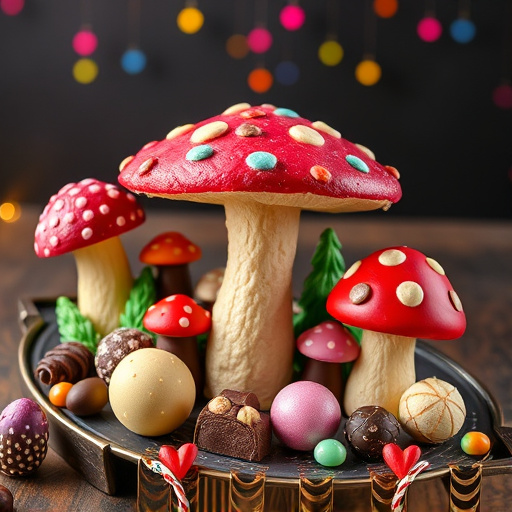
Psilocybin, a natural compound found in certain types of mushrooms known as magic or psychic mushrooms, has gained significant attention for its potential therapeutic benefits. When consumed, psilocybin can induce altered states of consciousness and is believed to have positive effects on mental health and well-being. However, the legal status of psilocybin and products derived from it, such as magic mushroom chocolates, varies greatly around the world.
In many countries, magic mushrooms are classified as controlled substances due to their psychoactive properties. This has led to strict regulations and, in some cases, criminal penalties for possession, sale, or distribution. Conversely, there is a growing movement advocating for the decriminalization and medical integration of psilocybin. Some jurisdictions have already taken steps towards this, legalizing psilocybin-assisted therapy for specific conditions under controlled medical supervision. The evolving legal landscape surrounding the Legal Status of Magic Mushroom Chocolates reflects a complex interplay between public perception, scientific research, and regulatory challenges.
– Exploring the chemical composition of psilocybin and its effects

Psilocybin, the psychoactive compound found in certain types of mushrooms, has gained significant interest for its potential therapeutic benefits. When consumed, psilocybin converts into psilocin, which interacts with serotonin receptors in the brain, leading to altered perceptions and heightened emotional experiences. Research suggests that controlled doses of psilocybin can aid in treating depression, anxiety, and addiction, making magic mushroom chocolates—which offer a discreet and palatable way to consume this compound—an intriguing option for those seeking alternative wellness solutions.
The legal status of magic mushroom chocolates varies globally. In many countries, psilocybin-containing products remain classified as illegal substances due to their psychoactive properties. However, a growing number of jurisdictions are reevaluating these restrictions in light of emerging scientific evidence. Some places have legalized or decriminalized the use of psilocybin for medicinal purposes, allowing for controlled, supervised administrations under medical supervision. This shift towards legalizing magic mushroom chocolates, when used therapeutically, reflects a broader trend in the healthcare industry to explore alternative treatments and harness the potential benefits of natural compounds.
– A global overview of the legal status of magic mushrooms
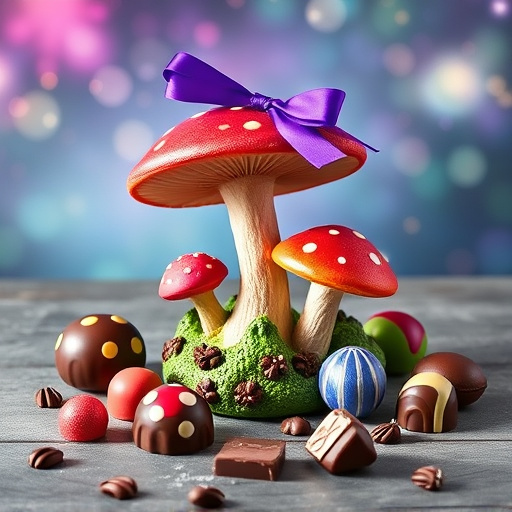
Magic mushrooms, scientifically known as Psilocybin mushrooms, have a complex global legal status. While some countries and regions have legalized them for medical or religious purposes, many others maintain strict controls due to their psychoactive properties. In recent years, there has been a growing trend towards decriminalization and regulatory frameworks that allow for controlled access under medical supervision. This shift is driven by increasing research into the therapeutic potential of psilocybin for conditions like depression, anxiety, and end-of-life distress.
One innovative development in the legal landscape is the emergence of chocolate products infused with psilocybin. These treats are created from legal, regulated sources and offer a discreet way to access the potential benefits of magic mushrooms. The legal status of these chocolates varies globally; some countries allow their sale for adult recreational use, while others restrict them to licensed medical settings. As attitudes towards psychedelic therapy continue to evolve, so too will the regulatory environment surrounding magic mushroom chocolates, with a growing emphasis on consumer safety and responsible access.
Psilocybin, the active compound in magic mushrooms, is gaining recognition for its therapeutic potential. However, navigating the legal landscape of magic mushroom chocolates remains crucial, as regulations vary globally. Understanding these laws is essential for ensuring access to safe and legally obtained products while respecting different countries’ stances on psilocybin. As research progresses, continued dialogue and education around the legal status of magic mushroom chocolates will be vital for fostering a balanced approach to this unique natural substance.
